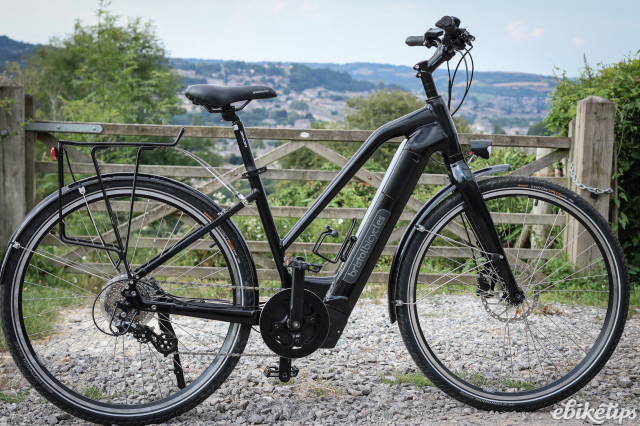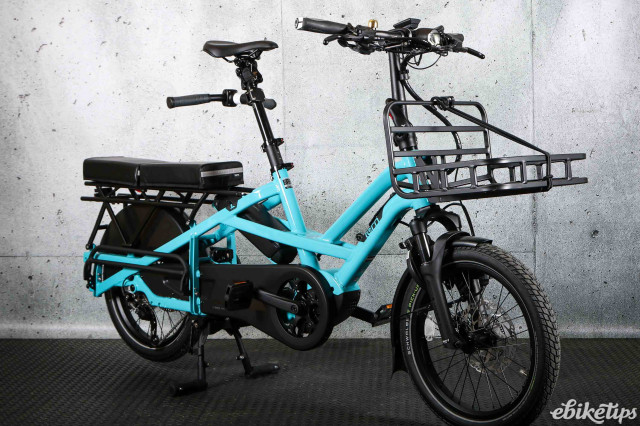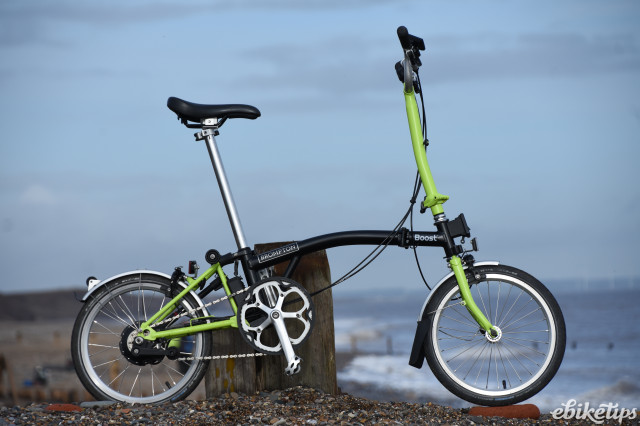A report by the Danish Road Traffic Accident Investigation Board (AIB) that analysed incidents involving e-bikes has found that age 'contributed' to a number of the incidents, and that riding an e-bike poses 'more of a challenge' for the elderly and those with age-related disabilities.
E-bikes give a brain boost to older cyclists, according to new study
The AIB looked in-depth at 20 police-reported incidents involving e-bikes between 2014-2018 that resulted in 'serious personal injury'. It found that 12 of the 20 e-bikers were aged 65 or older, and of the others five either had disabilities, were severely overweight, suffered from arthritis or had knee pain. The AIB also said some the older e-bikers also had decreased muscle strength, stiff necks, poor balance, and slower reflexes.
They also claimed that 'age' directly contributed to eight of the 20 incidents, which included problems manoeuvring the bike and 'acting inappropriately'. In two cases, the AIB said dementia affected the traffic behaviour of older cyclists. They suggest that the 'strong jerk' caused by the connection of the motor and the extra weight of an e-bike can contribute towards making some riders wobble and/or have difficulty turning. There was also a link established between the seriousness of the injury and wearing a helmet; the AIB said that of the nine injured cyclists who were helmet-less, the injuries could have been less severe if they were wearing a helmet.
Interestingly, there was no link found between the power of the e-bike and incident rates (in Denmark, speed-pedelecs that can go up to 45km/h assisted are legal): "Most cyclists were either traveling at low speeds while turning across traffic, or at a speed similar to that of a regular bicycle", said the report.
Other reasons included lack of safe infrastructure in the particular places the incidents happened, and poor maintenance of the e-bike being used.
The AIB make a number of recommendations to e-bikers based off their findings; getting used to the bike away from traffic, checking overall balance and ability to safely ride and wearing a helmet are the main pieces of advice, while older cyclists in particular are advised to start out using the lower assist levels only and place their luggage low on the bike.
They also recommend older people buy a bike from a retailer where they can get advice. It's suggested that bike shops should offer "age-friendly" e-bike models for older customers, and the development/importing of "more stable" e-bikes is encouraged.
They end by giving some general advice for motorists, saying drivers "must keep a good distance to cyclists and look for them at intersections and roundabouts", and that "police must continue to monitor and address motorists’ lack of attention." Separate cycle lanes and intersection improvements to prevent incidents when turning across traffic are also encouraged wherever possible.
What do you think of these findings and the recommendations? Let us know your thoughts in the comments...





